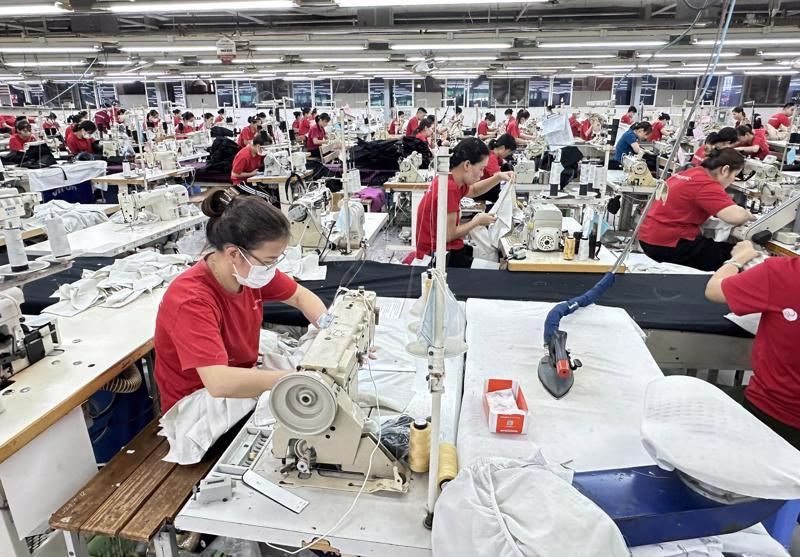The World Bank (WB) has released its report “Vietnam 2045 – Breaking Through Institutions for a High-Income Future,” recommending Vietnam to do more to escape middle-income trap.
The report urged Vietnam to take urgent action to adapt to climate change, in addition to its policy recommendations to improve public investment efficiency, strengthen accountability, and enhance the legal framework.
In the report, the WB emphasizes the central role of institutional reforms in ensuring sustainable growth, saying that to maintain rapid growth and achieve its ambitious development goal, Vietnam must deepen the sweeping institutional reforms that are underway, strengthen the legal and regulatory environment, and improve both the scale and quality of public investment.
International experience shows that countries that have escaped the middle-income trap and reached high-income status have done so by continuously improving the quality of their institutions, according to the WB.
Ms. Mariam J. Sherman, World Bank Director for Vietnam, Cambodia, and Laos was quoted by the Vietnam News Agency as saying that “Vietnam’s ambition to become a high-income country by 2045 has brought renewed focus on institutions as enablers of sustained growth”. She added that recent efforts show commitment, but achieving this goal will require even bolder reforms - an ‘institutional big push’ - to unlock the private sector’s potential to drive growth and create quality jobs for its people.
In addition, administrative reforms, greater accountability, more autonomy, and better coordination across localities are the key to improving the business environment and strengthening subnational governance. The WB also highlights the need for Vietnam to build an efficient and accountable civil service - one that is right-sized, better paid, and backed by stronger institutions for due process, transparency, and external oversight.
Meanwhile, the WB’s second report, "Vietnam 2045 - Growing Greener: Pathways to a Resilient and Sustainable Future," highlighted how investments in adaptation can help limit the impact of climate shocks on Vietnamese farms, businesses, and factories.
A 2024 WB survey found that about three-quarters (75%) of manufacturers in apparel and electronics - two of Vietnam’s leading export sectors – garments and electronics, which are operating in areas facing significant heat stress, putting more than 1.3 million workers at risk.
In the absence of adaptive actions, climate impacts could reduce Vietnam’s Gross Domestic Product (GDP) by as much as 12.5% by 2050 compared with baseline projections, potentially undermining the country’s ambition to reach high-income status by 2045, the report said.
It estimated that such investments could significantly mitigate the damage, reducing the projected climate-induced GDP loss from 12.5% to 6.7% by 2050.
The WB recommended Vietnam to integrate climate risk management across all economic sectors and develop policies that encourage businesses and people to actively adapt.
The report also identified opportunities for Vietnam to reduce the carbon intensity of its economy and move toward the Government’s goal of achieving net-zero emissions by 2050, which not only help protect the environment but also strengthen the country’s position in global supply chains.









 Google translate
Google translate